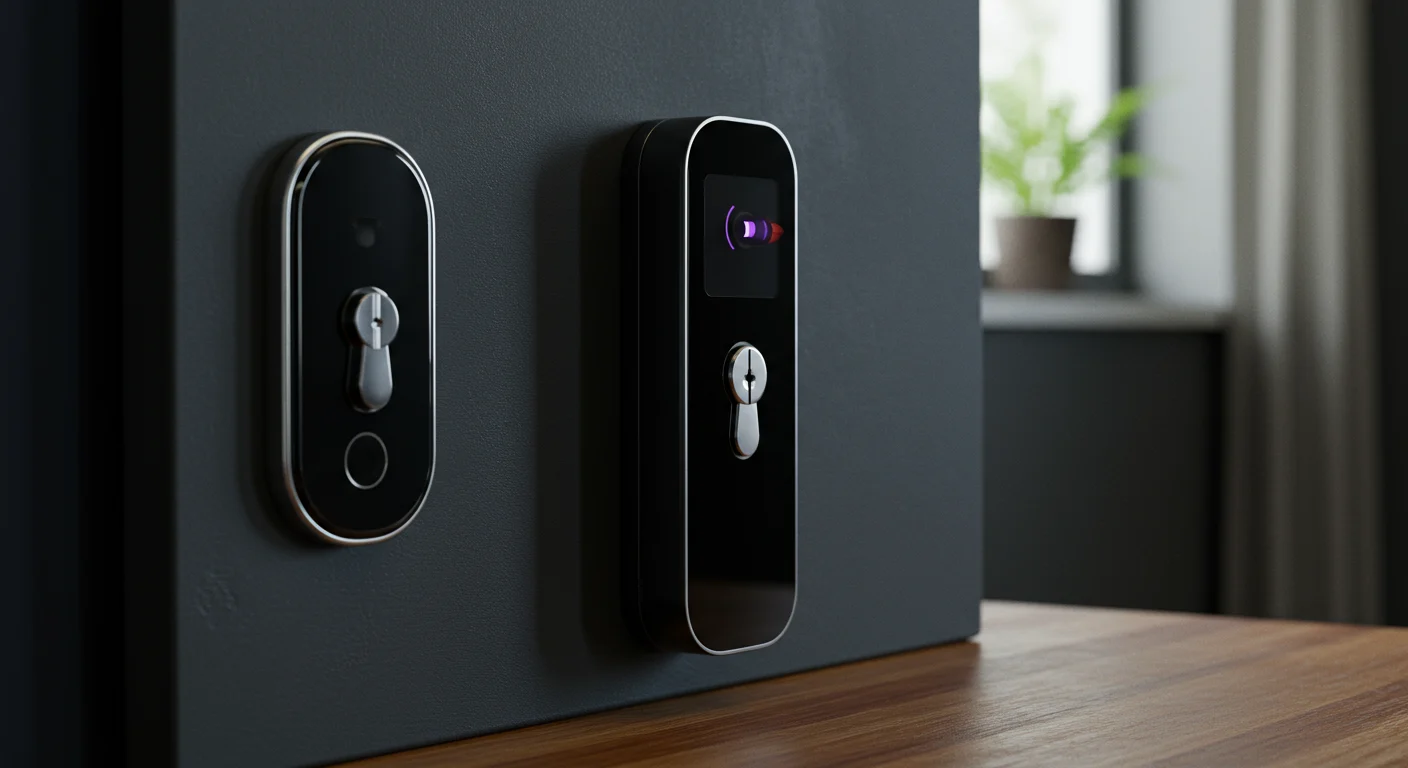
The Security Dilemma: A Friendly Guide to Smart Locks and Home Security
Locking the door used to be simple. Turn a key, done. Now there are apps, auto‑lock timers, PINs, and notifications. Here’s the thing: convenience can reduce human mistakes, but it also adds moving parts. This is your plain‑English tour of the security trade‑offs, where a Smart Lock shines, and when it might not be worth it.
What the “security dilemma” looks like at home
More tech can mean more surface area to attack. But it can also erase everyday slip‑ups—like forgetting to lock up. A Smart Lock can auto‑lock after you leave, send you a ping if the door’s ajar, and let you kill a lost key with one tap. Flip side? You’re managing accounts, firmware, and batteries. The trick is stacking small, smart choices so convenience wins without handing over security.
How smart locks actually secure your door
Most models are either retrofit—sit over your existing deadbolt and turn the thumb‑turn with a motor—or full replacements with their own keyed cylinder and keypad. Under the hood: a motor, sensors, an encrypted radio (usually Bluetooth; sometimes Wi‑Fi via a small bridge), and a brain that checks permissions. Good ones store credentials locally, then sync to the cloud for remote control. A Smart Lock doesn’t magically make a flimsy door strong; it upgrades how the bolt is managed and logged.
Real risks (and how to shrink them fast)
Threats aren’t just “hackers.” Think: weak door frames, easy‑to‑guess PINs, shared logins, or dead batteries. Use long, unique passwords and turn on multi‑factor for the lock account. Prefer app invites over sharing a password. Set longer PINs (6+ digits) and rotate them for cleaners or guests. Update firmware; it’s boring, but fixes real issues. Mechanically, upgrade the strike plate with 3‑inch screws and a reinforced box—this matters more than most settings. And yes, keep spare batteries on hand. A Smart Lock is only as strong as the door and the habits around it.
Daily life upgrades you’ll actually feel
Believe it or not, the best part isn’t “remote unlock from Bali.” It’s the quietly good stuff: auto‑lock after 2 minutes; one‑time codes for contractors; a door‑ajar alert when the kids blast out to the yard; letting family in when you’re stuck in traffic. If you host, those expiring codes are gold. A Smart Lock replaces the “where’s the spare?” routine with nice, tidy control.
Buying advice, without the fluff
Start with your door. If your deadbolt is solid and you love its key, a retrofit model keeps the exterior look. If you want a keypad out front, go with a full replacement. Check door thickness, backset, and whether the bolt throws smoothly—grinding bolts drain batteries and jam motors. Decide on connectivity: Bluetooth for local control; a bridge for remote; or Thread/Matter if you want fewer clouds in the loop. Battery life varies wildly based on motor strain and Wi‑Fi use; four AA cells should last months, not weeks. Look for a physical keyway or a 9V emergency pad for backups. And peek for BHMA/ANSI grading on hardware; software is only half the story for any Smart Lock.
Setup tips I wish someone told me
Dry‑fit everything before tightening a single screw. Calibrate the bolt with the door closed and latched—sounds obvious, but misalignment ruins battery life. If the bolt rubs, fix the strike, not the settings. Place the keypad where little hands can reach but rain can’t pool; smudges can give away codes, so rotate them occasionally. Add a door sensor if your lock supports it so “locked” actually means “locked into a closed door.” And yes, label the batteries’ install date; future‑you will thank you. This is the unglamorous side of owning a Smart Lock, and it’s where reliability is made.
When to skip it (for now)
If you’re in a rental with strict exterior rules, a retrofit might be your only option—or none at all. If your internet drops constantly, keep it local or wait. Shared doors in multi‑unit buildings can be tricky for liability. And if you forget to charge your phone for days, a classic deadbolt with a hidden key might be kinder. Tech should reduce stress, not add it, even if the Smart Lock features look tempting.
Want my short list?
If you want picks that balance security, battery life, and real‑world reliability, I’ve rounded up favorites at Consumer’s Best. I go deep on retrofit vs replacement, battery curves, keypad feel, and which ecosystems behave nicely at 2 a.m. When you’re ready, head to Consumer’s Best and check the latest Smart Lock reviews—no fluff, just what you’ll love (and what might bug you).





